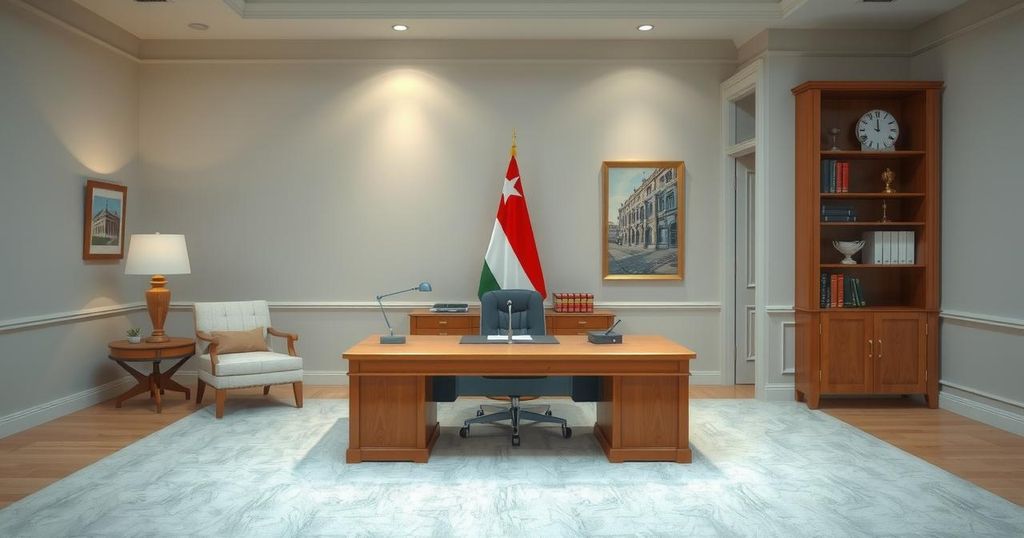Marco Rubio Declares South Africa’s Ambassador Persona Non Grata Over MAGA Analysis

Marco Rubio, the Secretary of State, declared South African Ambassador Ebrahim Rasool persona non grata after Rasool’s comments regarding Donald Trump’s political rise. Rasool’s remarks linked Trump’s rhetoric to white supremacist ideals. The South African government expressed regret at the decision, emphasizing the need for diplomatic decorum. The situation highlights broader discussions about race and political motivations in both nations.
On March 14, 2025, Marco Rubio, the Secretary of State under the Trump administration, declared South African Ambassador Ebrahim Rasool persona non grata via social media. This declaration came after Rasool expressed critical views on Donald Trump’s political rise, which Rubio deemed unacceptable. He accused Rasool of being a “race-baiting politician” who possesses animosity toward both America and President Trump, stating, “We have nothing to discuss with him.”
Rasool’s comments, made during a seminar organized by a South African think tank, aligned with perspectives regarding the motivations behind the MAGA movement. He suggested that Trump’s rhetoric appeals to a white supremacist sentiment and taps into themes of “white victimhood.” This analysis triggered Rubio’s denunciation, prompting South Africa’s government to comment on the expulsion.
South African spokesperson Vincent Magwenya expressed regret over the incident, which he viewed as detrimental to the diplomatic relationship with the United States. He urged relevant parties to engage with respect and maintain diplomatic decorum, reaffirming South Africa’s commitment to fostering a mutually beneficial relationship with the U.S.
Moreover, Trump’s previous comments regarding land issues in South Africa have perpetuated misconceptions of white oppression within the country. The South African government highlighted the irony of Trump’s claims by noting that the majority of farmland is still controlled by the minority white population.
Ebrahim Rasool himself has personal experience with the country’s apartheid history, having been forcibly relocated along with his family during that oppressive period. This historical context enhances his critique of contemporary narratives that frame white South Africans as victims.
Nicky Falkof, a professor at the University of the Witwatersrand, articulated that the concept of white victimhood is a fundamental aspect of white supremacy’s architecture. She emphasized that this notion fosters a false narrative of marginalization among white people, intertwining it with theories that drive both far-right ideologies and populist sentiments globally.
Marco Rubio’s expulsion of South African Ambassador Ebrahim Rasool underscores rising tensions in U.S.-South African relations, particularly surrounding the discussion of race and political identity. Rasool’s critical analysis of the MAGA movement as a manifestation of white supremacy sparked controversy, leading to a swift diplomatic response. The ongoing dialogue reflects deeper historical and societal issues tied to race, identity, and power both in South Africa and the United States.
Original Source: www.blackenterprise.com







